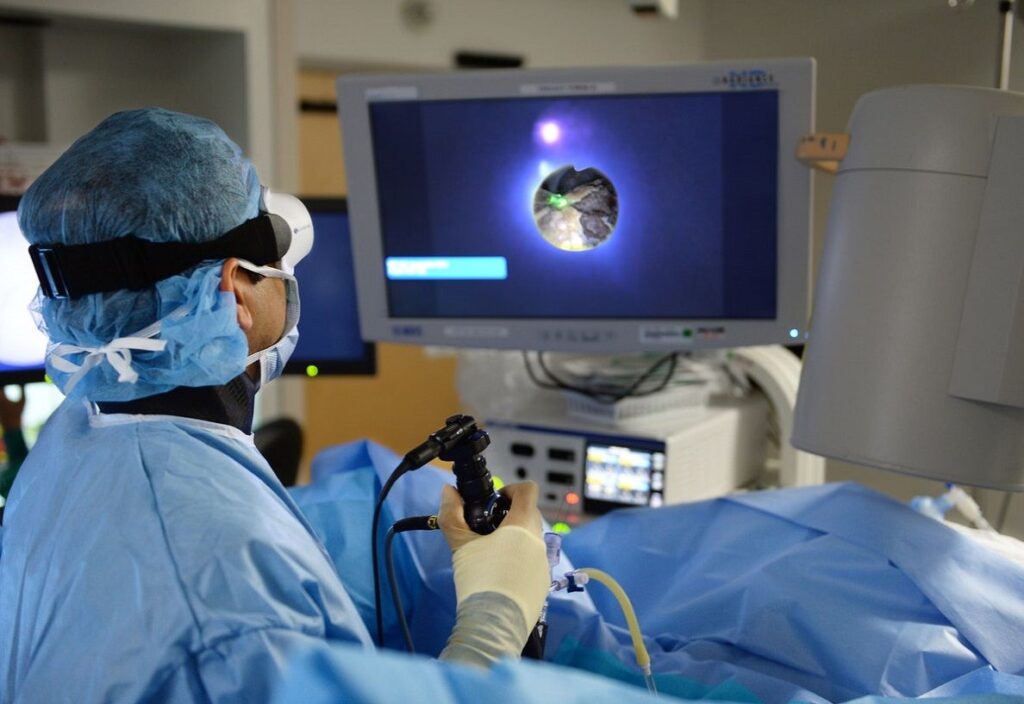
Kidney stones are a common urological condition that affects millions of people worldwide. These small, hard deposits can cause severe pain and discomfort when they obstruct the urinary tract. Over the years, various treatment options have been developed to manage kidney stones effectively. One such advanced technique is laser treatment, which has revolutionized the field of urology. In this blog post, we will delve into the details of laser treatment for kidney stones, exploring its benefits, procedure and outcomes.
What are Kidney Stones?
Before delving into laser treatment, it is essential to understand kidney stones. Kidney stones are solid mineral and salt deposits that form within the kidneys. They can vary in size, from tiny grains to larger stones that can obstruct the urinary tract. In this section, we will discuss the causes, symptoms, and risk factors associated with kidney stones.
Traditional Treatment Approaches for Kidney Stones:
To set the stage for understanding laser treatment, it is important to briefly touch upon the traditional treatment approaches for kidney stones. This section will provide an overview of techniques such as extracorporeal shock wave lithotripsy (ESWL), percutaneous nephrolithotomy (PCNL), and ureteroscopy.
Laser Treatment for Kidney Stones:
A. What is Laser Treatment?
Laser treatment, also known as laser lithotripsy, is a minimally invasive procedure that employs laser energy to break down kidney stones into smaller fragments. In this section, we will explore the principles behind laser lithotripsy and its advantages over traditional treatment methods.
B. Procedure of Laser Treatment:
Here, we will delve into the step-by-step process of laser treatment for kidney stones. From anaesthesia administration to the insertion of the ureteroscope and laser fibre, we will discuss each stage of the procedure in detail. Additionally, we will touch upon different laser types commonly used in the treatment.
C. Benefits of Laser Treatment:
Laser treatment offers several benefits over traditional approaches, making it an increasingly preferred option for kidney stone management. This section will discuss the advantages of laser treatment, including reduced pain, shorter recovery time and enhanced stone clearance rates.
D. Outcomes and Complications:
To evaluate the effectiveness of laser treatment, it is important to examine its outcomes and potential complications. This section will provide insights into the success rates, stone clearance rates, and potential complications associated with the procedure. It is important to note that complications are rare but can occur.
E. Dr Rajesh Dhake and His Clinic:
In conclusion, it is crucial to mention the expertise and experience of Dr Rajesh Dhake, a renowned urologist specializing in kidney stone management, based in Pune. Dr Dhake’s clinic is known for its state-of-the-art facilities and patient-centric approach. Patients seeking effective kidney stone treatment can trust Dr Rajesh Dhake and his clinic Dr dhake’s urologist in pune for personalized care and successful outcomes.
Summary:
Laser treatment for kidney stones has emerged as a game-changer in the field of urology. Its minimally invasive nature, high success rates, and shorter recovery times make it an attractive option for patients suffering from kidney stones. Understanding the benefits, procedures, and outcomes of laser treatment is crucial for individuals seeking effective and efficient stone management. If you are based in Pune and require expert urological care, Dr Rajesh Dhake and his clinic should be your go-to destination for personalized and successful treatment.




